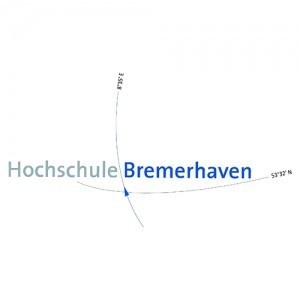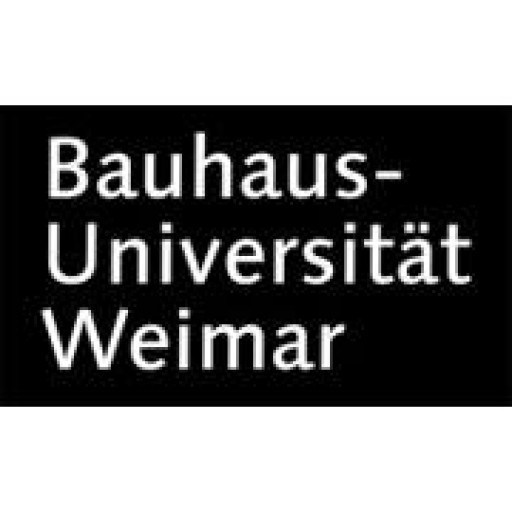Photos of university
The Bachelor's degree program in Process Engineering and Energy Technology at the University of Applied Sciences Bremerhaven is designed to prepare students for a successful career in the dynamic and essential fields of process engineering and energy management. This program combines fundamental engineering principles with specialized knowledge in energy systems, environmental protection, and sustainable technology, equipping graduates with the skills needed to develop, optimize, and operate complex industrial processes and energy solutions. Throughout the course of study, students will engage in rigorous coursework covering thermodynamics, fluid mechanics, process automation, heat transfer, chemical reaction engineering, and renewable energy technologies.
The program emphasizes practical experience through laboratory work, project-based learning, and internships with industry partners, ensuring that students develop not only theoretical understanding but also hands-on skills critical to real-world applications. Graduates will be capable of designing efficient process plants, managing energy use responsibly, and implementing innovative solutions that contribute to environmental sustainability. The curriculum also fosters interdisciplinary collaboration, encouraging students to work on projects that integrate technical, economic, and ecological considerations.
Students will learn about the global energy market, energy policy, and the technological advances transforming the industry, preparing them to meet contemporary challenges such as climate change and resource scarcity. The program's modern laboratories and state-of-the-art equipment enable a learning environment where students can experiment and innovate. Additionally, the program offers opportunities for international exchange and dual degrees, broadening students' perspectives and enhancing their global employability.
Upon graduation, students will be well-qualified for careers in industries such as energy production, chemical processing, environmental consulting, and engineering consultancy firms. They will also be prepared for roles in research and development, technical management, and system optimization within the process engineering and energy sectors. The program aims to develop professionals who are committed to advancing sustainable technologies and contributing positively to society’s transition toward cleaner and more efficient energy systems.
Educational organisation
First semester:- Numerical Mathematics
- Simulation of Process Control
- Calculation of Material Properties
- Measurement of Properties
- Advanced Energy Conversion
- Fundamentals of Solar Energy
- Wind Energy
- Electrochemical Processes (Corrosion, Fuel Cells etc.)
- Master Leadership for Project and Laboratory Skills
- Nanotechnology
- Advanced Thermal Processes
Second semester:
- Simulation of Process Plants
- Energy from Biomass
- Electrochemical Processes (Corrosion, Fuel Cells, etc.)
- Research Seminar
- Nanotechnology Lab
- Advanced Thermal Processes Lab
- Domestic and Industrial Environmental Protection Technologies
- Sea Water Desalination
- Chemical Reactions and Gasification
Third semester:
- Master's Thesis Project
Course objectives
An increasing demand for variety, quality and quantity of process engineering solutions and the necessity for ever greater economisation in production processes has led to the rapid development of special processes, apparatus and plant components. Interesting engineering tasks are waiting in research and industry, now and in future, in development, construction and operation of environmentally friendly, safe and resource-efficient process technologies to produce marketable products. Process engineers, working more and more in an international framework, will confront these challenges in cooperation with engineers from other disciplines, fundamental scientists, economists and ecologists in an interdisciplinary team and will have to solve highly interesting tasks of great future importance. The international Master's course in PEET at the University of Applied Sciences Bremerhaven does justice to all these criteria. The Master's qualification from this course permits graduates to enter the higher levels of civil service or to take up a senior position in business, e.g. as production manager, head of development or product manager.Language requirements
Applicants must provide proof of their German and English skills according to CEF (Common European Framework of Reference):German level A 1
English level C1 (exceptions: English native speakers and/or a preceding Bachelor's study programme taught 100% in English)
For CEF equivalents, see: http://www.fremdsprachenzentrum-bremen.de/1072.0.html?&MP=1072-2031&L=1
Academic requirements
An applicant to the Process Engineering and Energy Technology (PEET) Master's programme must fulfil the following requirements:a) an academic degree in a field relevant to the PEET course content
b1) a Bachelor's degree equivalent to 210 ECTS credit points
b2) a Bachelor's degree equivalent to 180 ECTS credit points
c) the final grade for the Bachelor's degree must beat least "good" (German grade 2.3 or equivalent)
d) good language skills, see: http://www.fremdsprachenzentrum-bremen.de/1072.0.html?&MP=1072-2031&L=1
e) two reference letters from referees who can appraise the academic abilities and motivation of the applicant
f) an individual letter of motivation
Enrolment fees
300 EUR per semesterThe fee includes a semester ticket covering public transport in the Bremerhaven and Bremen metropolitan area.
Costs of living
Living costs in Bremerhaven are rather low in comparison to other German cities. The estimated amount of 650-750 EUR per month should be sufficient to cover basic expenditures. However, the amount of money spent by the student strongly depends on his or her standard of living.Here is a rough estimation of monthly costs:
- Health insurance: 77.90 EUR (for non-EU applicants)
- Rent: 170-300 EUR
- Food and clothing: 250 EUR
- Telephone and Internet: 40 EUR
- Books: 50 EUR
Funding opportunities within the university
The university has a scholarship programme for excellent students. Recipients receive 300 EUR per month. Students can apply for a scholarship during the first semester (the second semester is the first supported semester).Arrival support
The International Office provides special support for new students (Buddy Programme), assisting with administration tasks, finding accommodation, etc.Services and support for international students
The International Office of the University of Applied Sciences Bremerhaven supports incoming students in all aspects of the study programme and living in the area of Bremerhaven.International Office / Incoming students
Ms Patricia Gebhardt
E-mail: pgebhardt@hs-bremerhaven.de
Tel.: +49 (0)4 71-4 82 33 61








